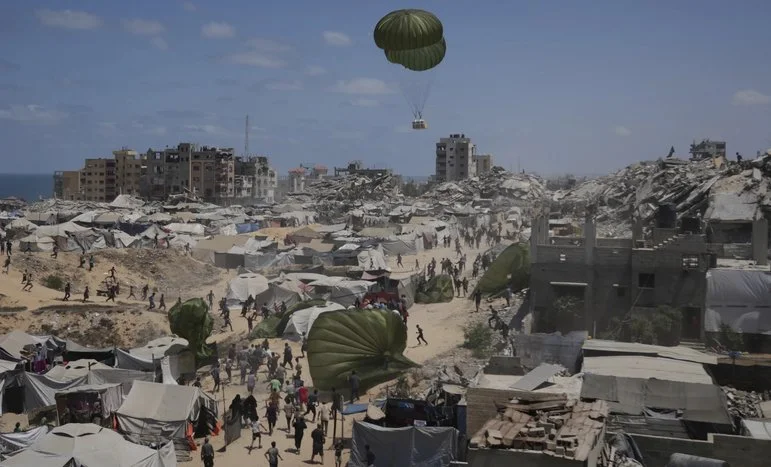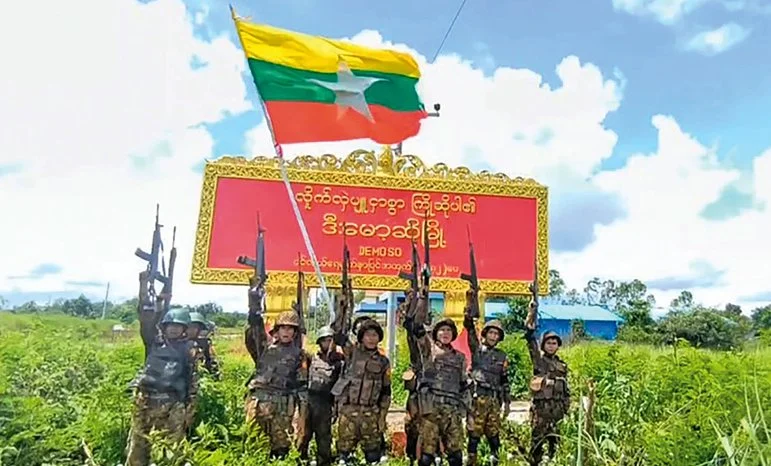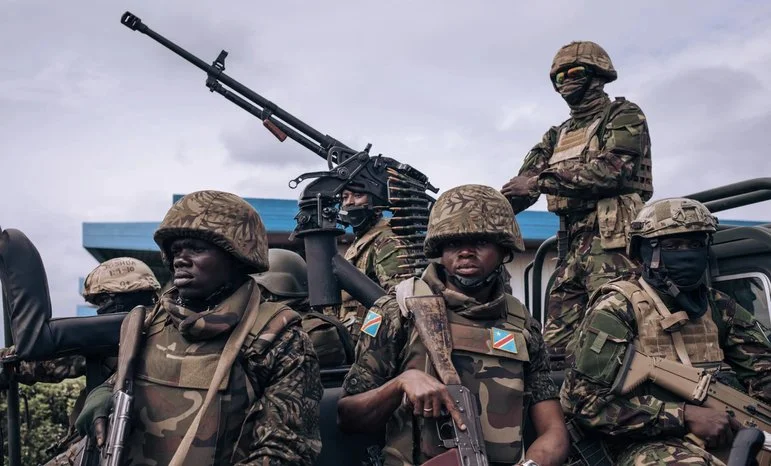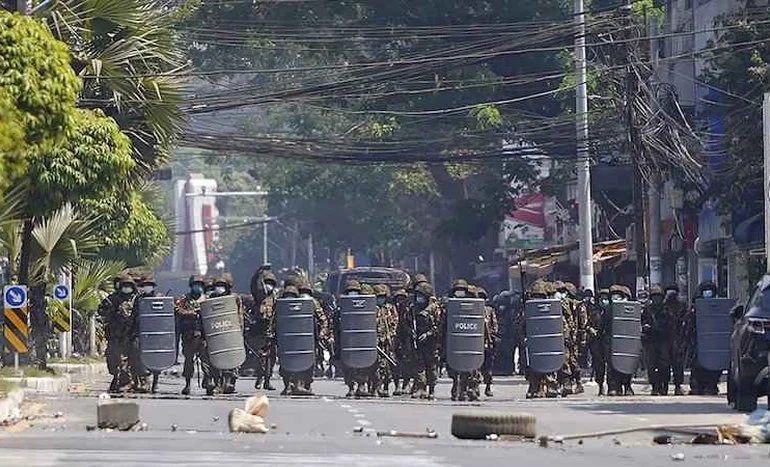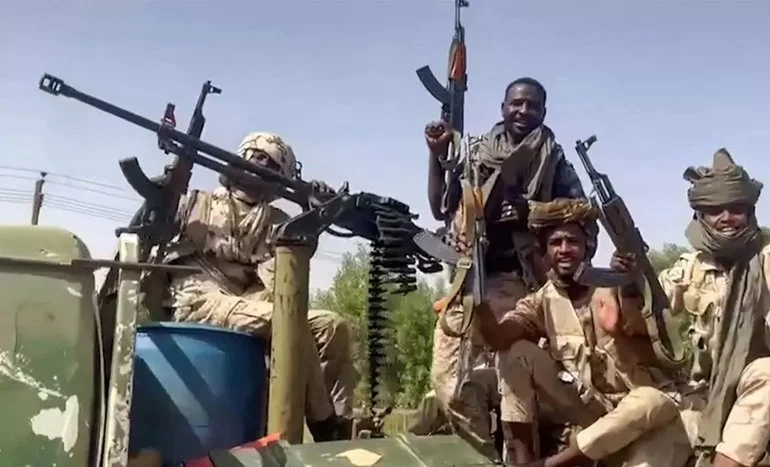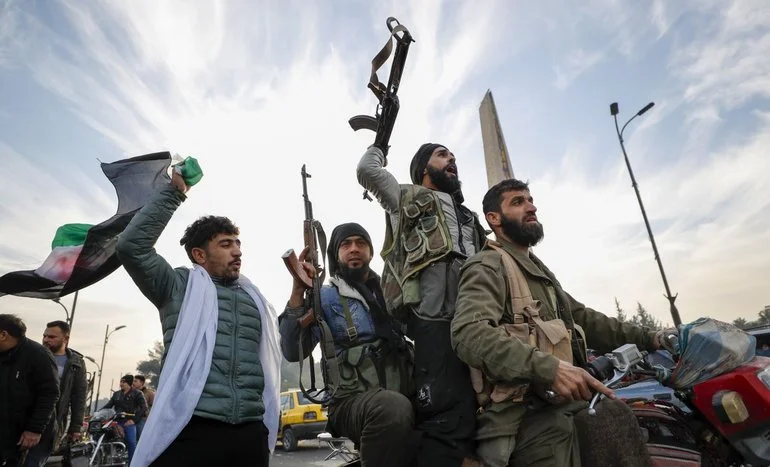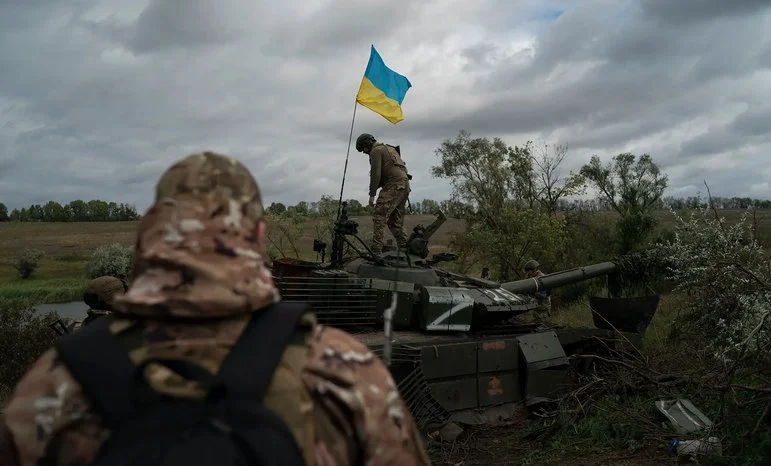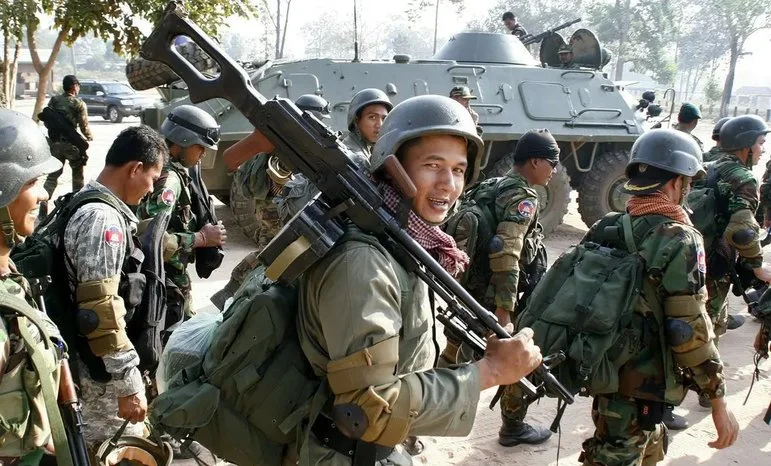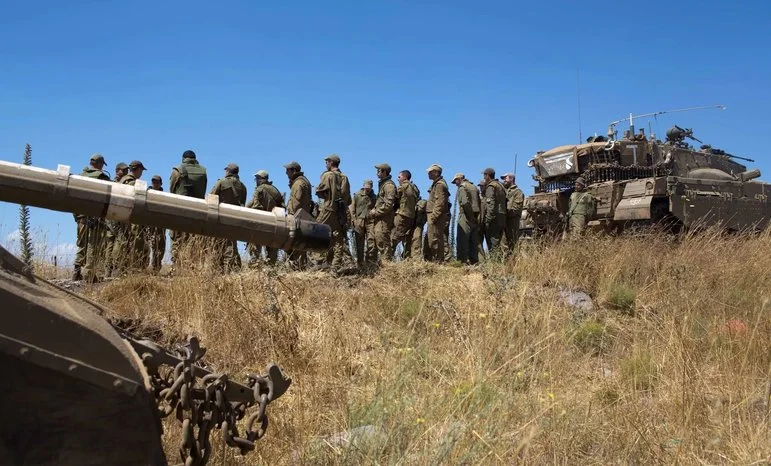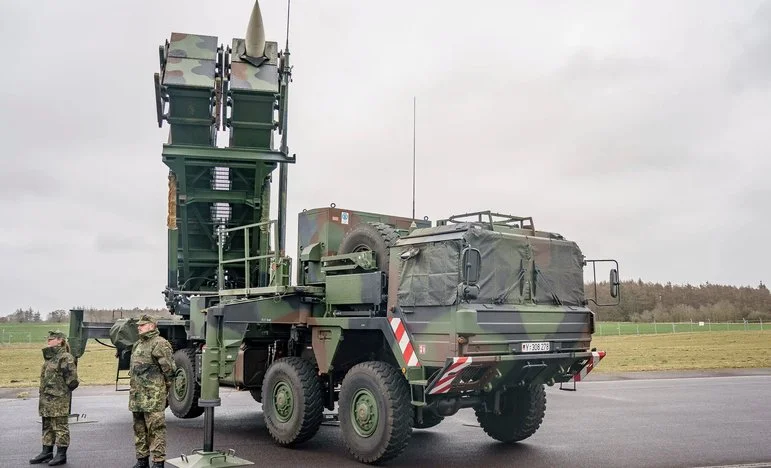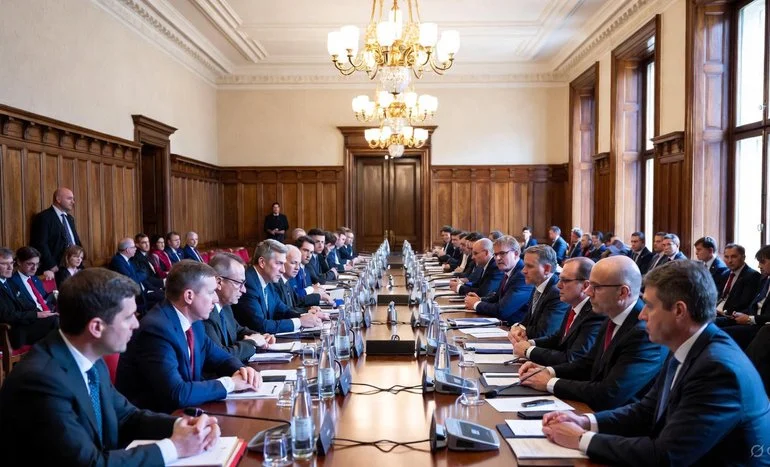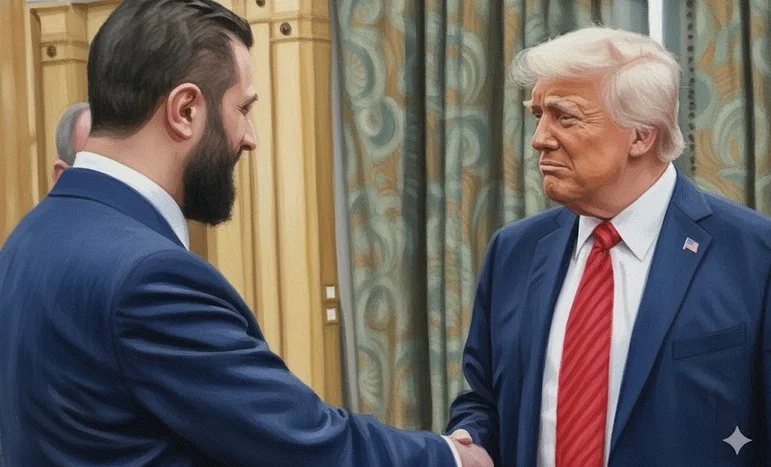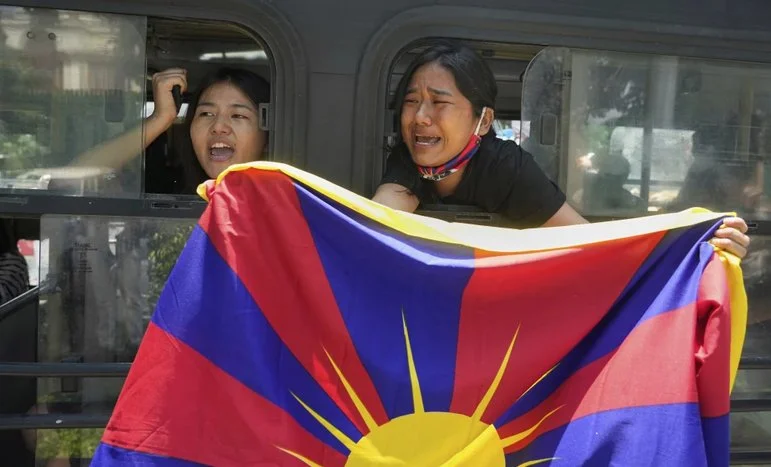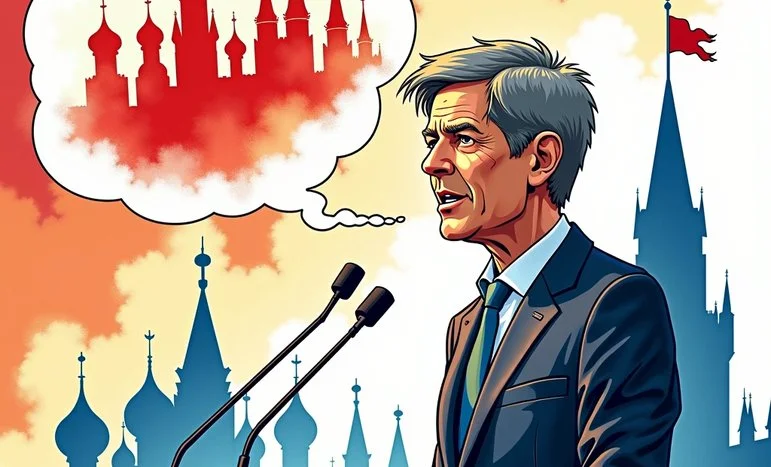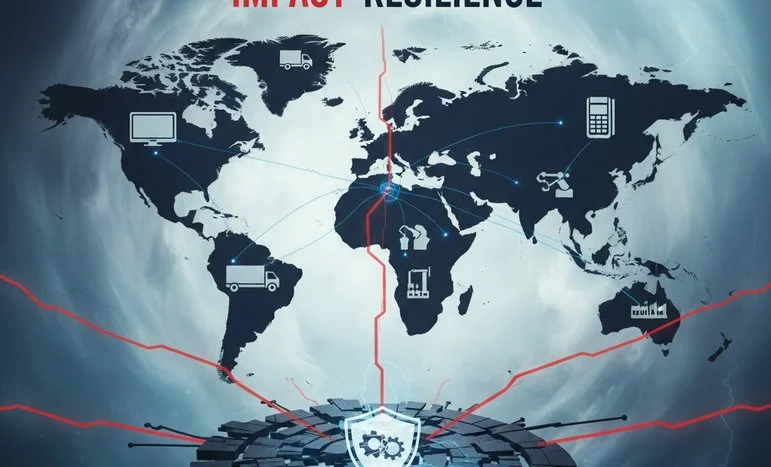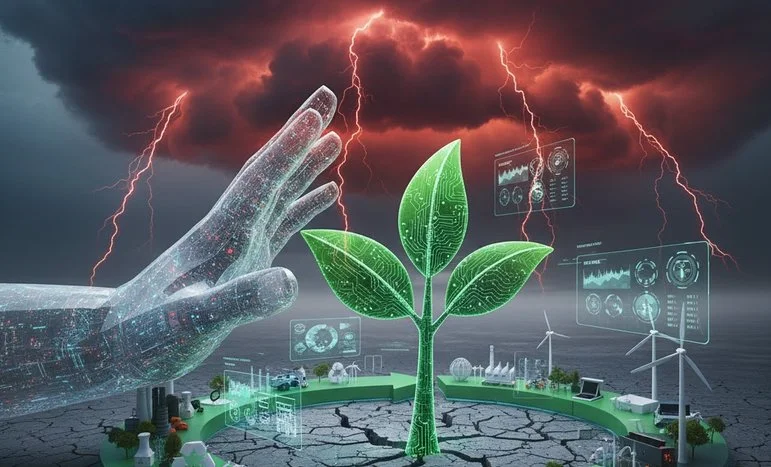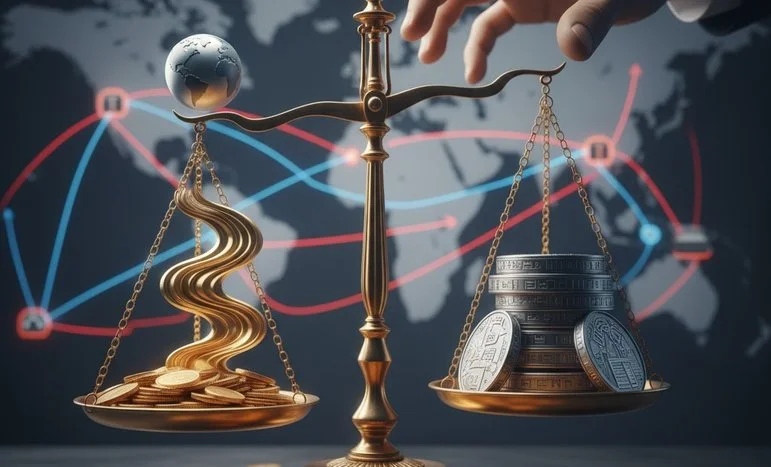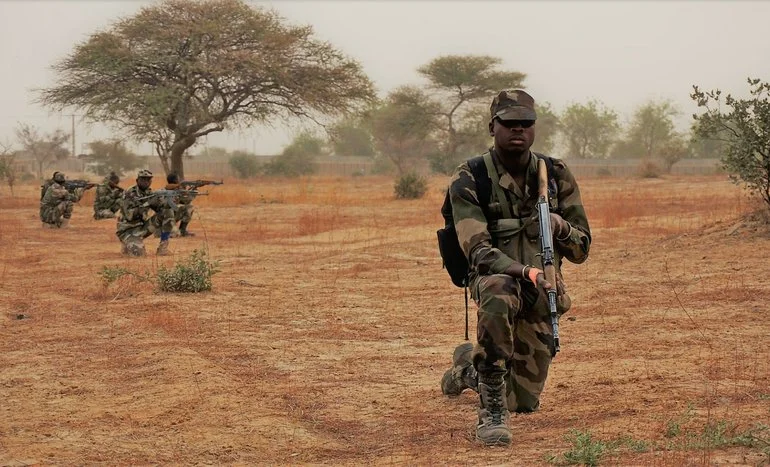
The Sahel in Crisis: Extremism, Coups, and a Widening Humanitarian Emergency
A Region on the Brink
The Sahel region of Africa—stretching across Mali, Burkina Faso, and Niger—is facing an escalating crisis marked by Islamist insurgencies, military coups, and rising humanitarian needs. Once backed by strong international counterterrorism partnerships, these nations have seen a sharp deterioration in security and governance.
The Spread of Jihadist Violence
Groups affiliated with al-Qaeda and ISIS have expanded across vast stretches of the region, attacking civilians, security forces, and aid workers. Entire communities have been driven from their homes, with millions internally displaced. Insecurity has shut down schools, clinics, and trade routes.
Military Coups and Democratic Backsliding
In recent years, the region has experienced a wave of military takeovers, dismantling democratic institutions and severing ties with traditional Western partners. The juntas in Mali, Burkina Faso, and Niger have increasingly aligned with Russia and paramilitary actors like Wagner, raising fears of worsening repression, reduced transparency, and exploitation of resources under the guise of security cooperation.
These shifts have led to the withdrawal of UN and Western forces, creating security vacuums that jihadists have exploited.
Humanitarian Toll
- Over 10 million people across the Sahel need urgent humanitarian aid.
- Food insecurity, driven by conflict and climate change, has reached alarming levels.
- Civilian massacres and abuses by both militants and state forces remain largely unpunished.
A Global Concern
The Sahel’s descent into chaos is not only an African tragedy—it is a global security threat. Unchecked insurgencies can become breeding grounds for international terrorism, arms trafficking, and mass migration.
The Path Forward
Experts argue that while security operations remain important, long-term solutions must address:
- Good governance and democratic restoration
- Regional cooperation and inclusive dialogue
- Sustainable development and youth empowerment
The West continues to support regional stability through humanitarian aid and diplomatic efforts, urging a return to democratic norms and respect for human rights.
Without a concerted, responsible response, the Sahel risks becoming a permanent crisis zone, threatening the future of an entire generation.
We appreciate that not everyone can afford to pay for Views right now. That’s why we choose to keep our journalism open for everyone. If this is you, please continue to read for free.
But if you can, can we count on your support at this perilous time? Here are three good reasons to make the choice to fund us today.
1. Our quality, investigative journalism is a scrutinising force.
2. We are independent and have no billionaire owner controlling what we do, so your money directly powers our reporting.
3. It doesn’t cost much, and takes less time than it took to read this message.
Choose to support open, independent journalism on a monthly basis. Thank you.
